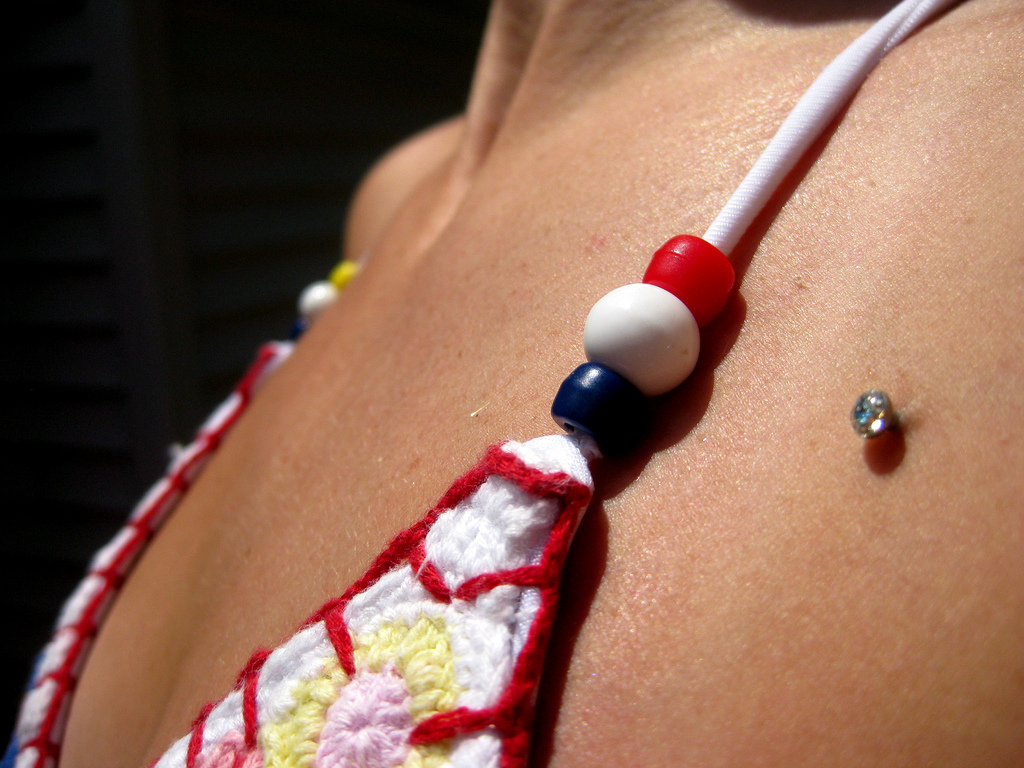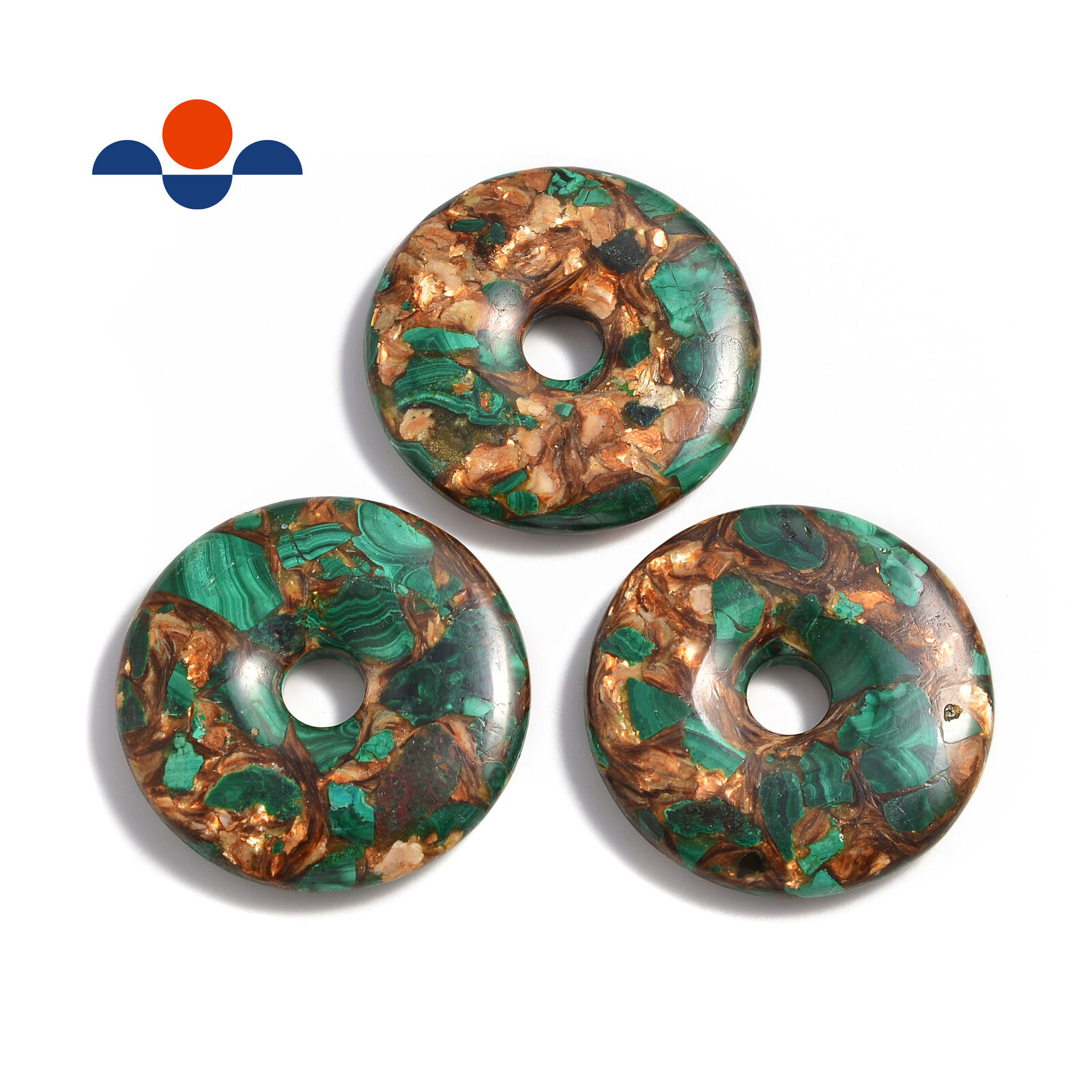Knowing All About Transdermal Implants
It’s different from common body modifications, partly because they’re about straying away from it rather than moving in that direction. There is a possibility that they are associated with rituals. The Western world considers modifications such as transdermal implants, genital piercings, branding, and ear stretching to be extreme. There are very few of them, and they may provoke negative reactions among the general public.

The West is not alone in experimenting with extreme modifications, as several other countries have done so for centuries. Ancient Egypt, China, Mayan, and African cultures all practiced ear stretching, or gradual enlargement of ear-lobe piercings around progressively larger discs. Several tribal cultures have used branding techniques for thousands of years, including the Australian Aborigines and the Karos of Ethiopia. An ancient Hindu sensual guide describes the piercing of the penis in the Kama Sutra or Book of Sensuality
Dermal piercings and transdermal implants are two types of body modification that can be used medically and aesthetically. Either way, the object is transdermal because it is positioned partially below and partially above the skin. Generally, the skin around the piercing heals as if it were pierced. As a result of the complexity of the procedure and its social implications, these types of modifications are often referred to as very “heavy” in the body piercing community. Implants are available in two different types.
The concern of this article is to give out maximum information that can be collected about the transdermal implants that are there. We have given out the whole procedure and what you can expect while going through the surgery along with possible health complications. We would suggest you get professional advice before going under the needle.






